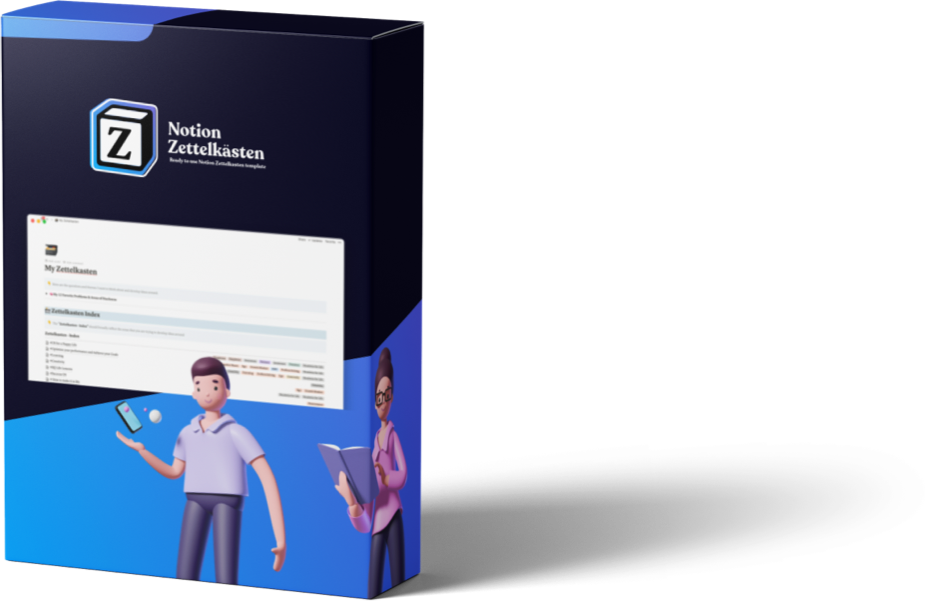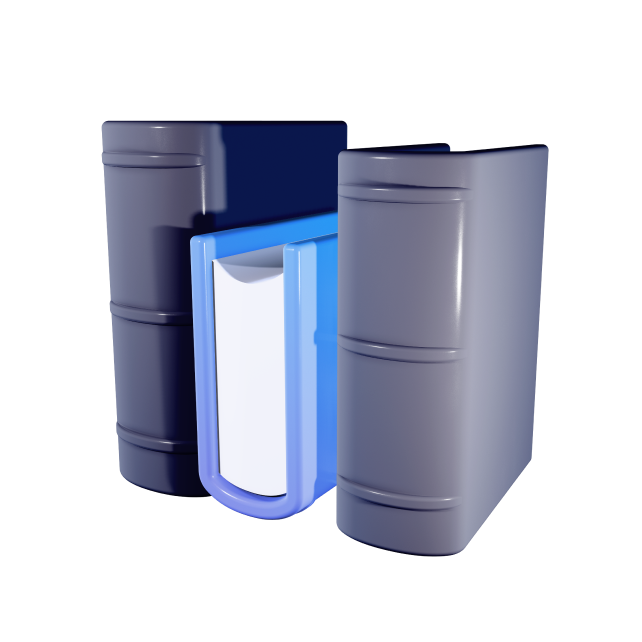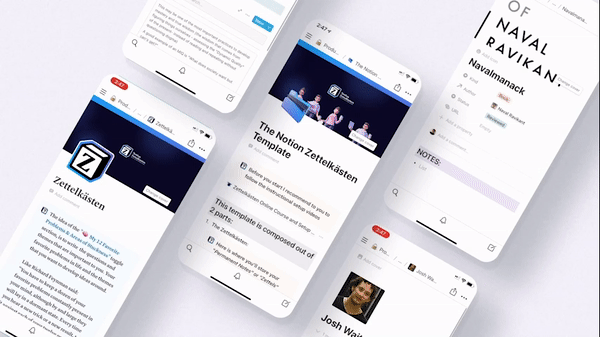

Create an Extension of Your Brain








The Zettelkasten method is a note taking system that not only lets you take notes and save ideas, but it lets you create connections between your ideas.
Wether you want to write a book, remember everything you learn in books and podcasts or create content without the struggle, of without starting in front of a blank page, the Notion Zettelkasten template will get you where you want to go.
The Zettelkasten Method has been one of the best kept secrets of the last 60 years. Authors like Ryan Holiday, Sonke Ahrens, Robert Greene and Tim Ferriss use equivalent methods to write their books and create their content.
Zettelkasten means Slipbox or box of cards in German. The person who popularized the method was Niklas Luhmann.
Luhmann was a very prolific German sociologist. He wrote 58 books (and hundreds of articles) in his lifetime by using this method, and he did it without any stuggle.
“I only do what is easy. I only write when I immediately know how to do it. If I falter for a moment, I put the matter aside and do something else.”
Niklas Luhmann
How did he manage to be so prolific in his writing and his ideas?
The way he managed to only write when he immediately knew what to write was by using his Zettelkasten.
He would add notes into his Zettelkasten every time he had an idea or read something he considered worthy of keeping. Doing that he managed to create an interconnected web of ideas that had more than 90 thousand notes.
But I know that you're probably thinking that this method doesn't apply for you and that it's just for scholars. Well...
In 2019 I read 28 books. I was very proud of it... But... At the end of the year I couldn't remember more than a couple of ideas from each book. For some books I couldn't even remember one main idea.
This is frustrating and I know the same happens to a lot of people. In 2020 I started Zettelkasting in notion, and in less than 1 month I had developed an interconnected web of ideas that now have been shaped into blogposts and the first part of my first book. In less than a year I've created a fully navigable database of the ideas I think about the most. And it's not only for books. For every podcast, article, video, movie or even conversation I have with someone I am now on the look for ideas to add to my Zettelkasten.
The way the Zettelkasten works is by letting you retrieve the right memory when needed. It also lets you find meaningful connections among topics and develop your own original ideas and content more efficiently.
And the process is very simple. All you need is a way to add notes while you read and learn, and to be on the look for new ideas to add.
"Thinking, reading, learning, understanding and generating ideas is the main work of everyone who studies, does research or writes."
When you are reading a book or article always have access to your 2nd Brain Database (included in the template) and when you find an information you don't want to forget, or information that you think you might use in the future, add it to your Zettelkasten instead of just highlighting or saving it somewhere where it'll live by itself and probably be forgotten.
Like Sonke Ahrens author of the great book "How to Take Smart notes" says:
"Writing these notes is not the main work. Thinking is. Reading is. Understanding and coming up with ideas is. And this is how it is supposed to be. The notes are just the tangible outcome of it. All you have to do is to have a keyboard under your fingers while you are doing what you are doing anyway. Writing notes accompanies the main work and, done right, it helps with it. Writing is, without dispute, the best facilitator for thinking, reading, learning, understanding and generating ideas we have. Notes build up while you think, read, understand and generate ideas, because you have to have a pen in your hand if you want to think, read, understand and generate ideas properly anyway."
Without a system you are just consuming knowledge at the same rate you forget it. But with the Zettelkasten Method you'll have a system to gather knowledge and at the same time link those notes together in a net that can be used to create content and develop new original ideas.
"Read With a Pen in Hand To get a good paper written, you only have to rewrite a good draft; to get a good draft written, you only have to turn a series of notes into a continuous text. And as a series of notes is just the rearrangement of notes you already have in your slip-box, all you really have to do is have a pen in your hand when you read."
The Notion Zettelkasten template has now helped more than 100 people start gathering notes and developing their ideas outside their brains.
If you want to:
All you have to do is:
A separate database to track everything you read and listen. Reading and Listening Tracking Database and Template
